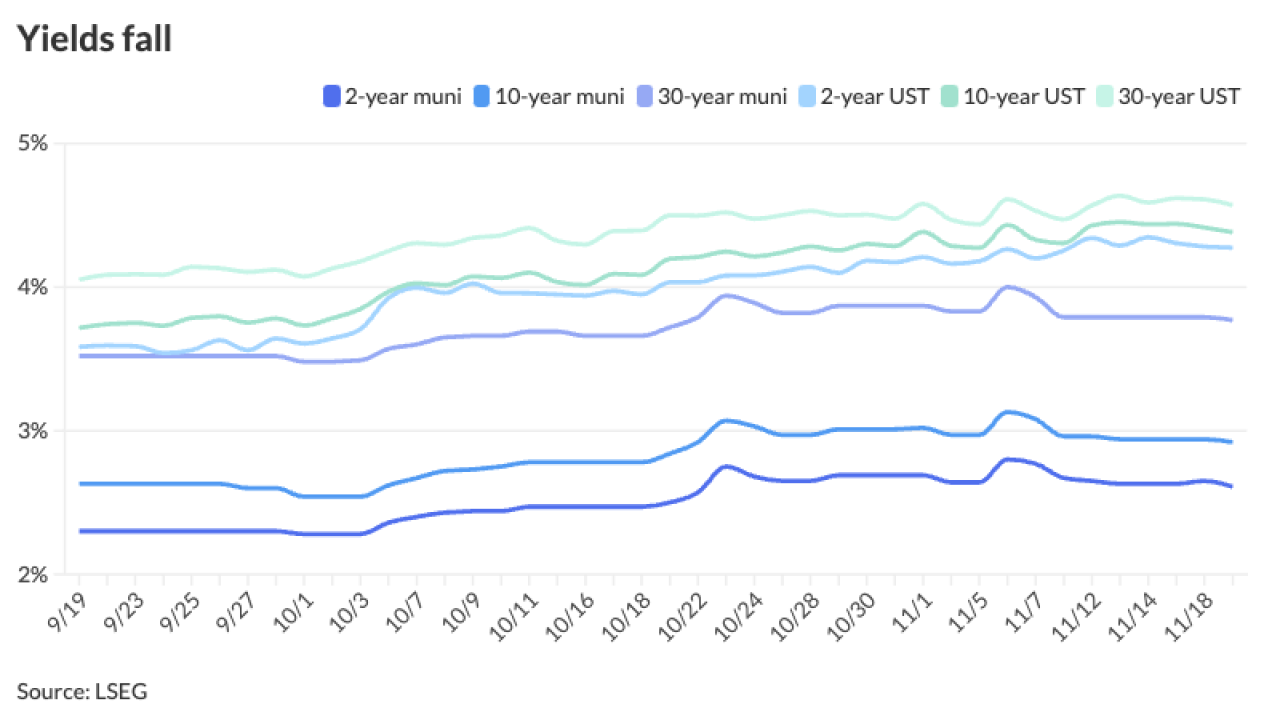The Securities and Exchange Commission used a combination of its antifraud authority and SEC Rule 15c2-12 in 2013 to raise the bar for issuers' secondary municipal market disclosures.
For several years, the SEC has sought legislative reform — including a repeal of the so-called "Tower Amendment" — that would allow it to directly regulate the timing, form, content and financial audit requirements for issuers' continuing disclosures. Thus far, however, Congress has not responded.
In the absence of statutory authority to directly regulate issuers, the SEC demonstrated a new willingness in 2013 to use its enforcement authority instead to regulate municipal issuers, including the scrutiny of secondary municipal market disclosures.
Last year was one of firsts for the SEC in terms of its municipal securities enforcement program. In May 2013, for the first time, the SEC brought an action against a city based on false statements made outside required municipal bond disclosure documents that had the potential of reaching secondary municipal market investors. The SEC alleged that Harrisburg, Pa., misled investors about its financial health in the annual State of the City address, as well as in its financial and budget reports.
The action was also the first to cite a city's failure to maintain current annual financials on the Municipal Securities Rulemaking Board's Electronic Municipal Market Access, or EMMA, website as contributing to a "total mix" of information that the SEC found to be misleading.
The EMMA system not only has increased the accessibility of secondary market disclosure for investors, but for enforcement authorities as well.
The SEC also for the first time brought an enforcement action regarding an issuer's representations concerning the timeliness of its secondary municipal market disclosures.
In July 2013, the SEC announced its action against Indiana's West Clark Community Schools and the district's underwriter based on statements in offering documents that the district was compliant with its previous continuing-disclosure agreement.
In fact, the school district had not submitted any of the annual financials or event notices required by earlier continuing disclosure undertakings. As for the underwriter, the SEC alleged that it was liable for undertaking due diligence that failed to reveal that the district had not been compliant with its continuing disclosure obligations.
The SEC's action against the school district's underwriter also demonstrates its willingness to apply pressure using SEC Rule 15c2-12.
The SEC historically has not emphasized this rule in its enforcement efforts. However, in the West Clark Community Schools matter, the commission pointedly reiterated underwriters' obligations under the rule to obtain continuing-disclosure agreements and to determine whether issuers provided required annual financial information.
Underwriters therefore are on notice that the SEC may consider an issuer's historical lack of compliance with its continuing disclosure obligations as a factor in whether or not an underwriter has "reasonably determined" under SEC Rule 15c2-12 that the issuer has agreed to provide continuing disclosure to investors in a current transaction.
Recent studies indicate that a significant number of municipal securities issuers are noncompliant with at least some of their obligations under continuing disclosure agreements and, as the city of Harrisburg, Pa., matter shows, the SEC will monitor other secondary market disclosures.
It now is beyond dispute that the SEC will continue to dedicate substantial resources in its aggressive pursuit of its enforcement agenda.
Virtually every issuer and underwriter has long had policies in place designed to ensure timely and complete disclosures, but in view of the SEC's 2013 enforcement activity, the benefits of reviewing and strengthening these policies is demonstrable.





